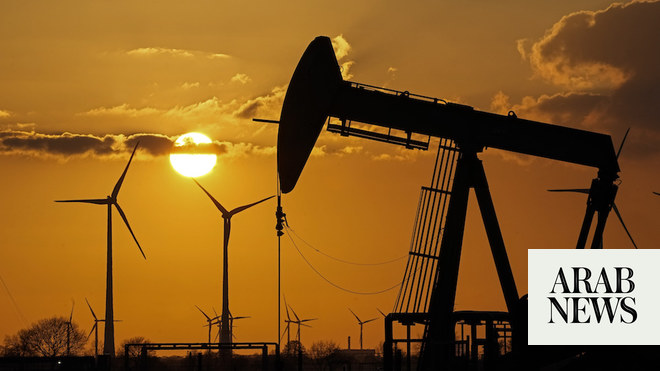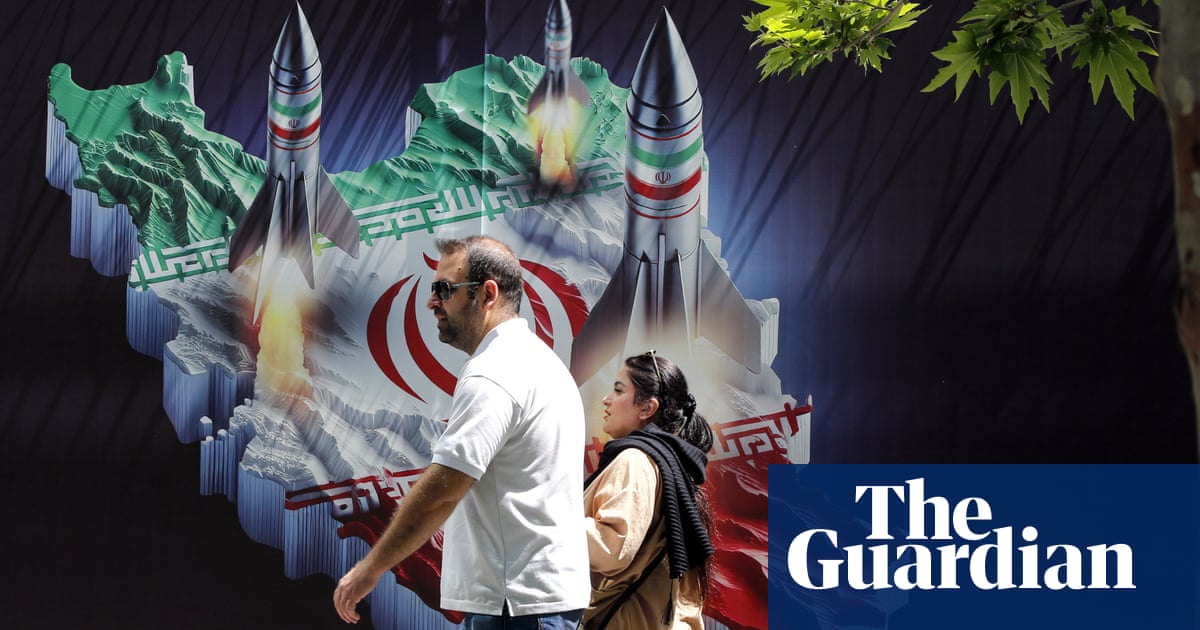
The world economy cannot afford an oil barrel price hitting $100, said the head of the International Energy Agency (IEA).
IEA Executive Director Fatih Birol pointed out that the slowdown in economic growth hinders the increase in Chinas demand for oil.
Oil prices fell amid weak demand and adequate supplies during H2 2019 and are currently trading at levels of $65 per barrel, for Brent crude.
In an interview with Bloomberg TV in which he talked about issues related to Iraq and oil, Birol said Iraq’s stability in very important.
His comments were made after the US assassinated on January 3 the Iranian Revolutionary Guards Corps’ (IRGC) Quds Force Commander, Qassem Soleimani, in an airstrike in the capital, Baghdad.
Trade war between the world’s two largest economies, the United States and China, is close to reaching a solution, as the first phase of the agreement is expected to be signed within few days.
In other news, Group Managing Director of the Nigerian National Petroleum Corporation (NNPC) Mele Kyari said his country fully complied in December with limits to oil output set by OPEC and other global producers.
“We’ve met all of our commitments as of today,” Kyari noted during a Bloomberg TV interview in Abu Dhabi. “Our promise was that by the end of December we’ll be compliant in the cuts that we promised and we have done that.”
Africa’s biggest oil producer had been promising to adhere to its obligations under a global agreement to limit oil output to help balance global markets. Nigeria’s production level had been slightly higher than the baseline for its cuts until last month.
Kyari also said NNPC aims to complete the financing of a natural gas pipeline with China by the end of this year’s second quarter. Nigeria wants to build as many as 12 liquefied natural gas trains.
NNPC signed an agreement with international companies for train 7 in December and will award a contract for engineering, procurement and construction in the next few weeks, he explained, adding that the company is now looking to plan train 8.
OPEC+ Alliance, which includes OPEC and non-OPEC members, agreed in December 2019 to deepen supply cuts from 1.2 million barrels per day (mbpd) to 1.7 mbpd for the first quarter of 2020.











